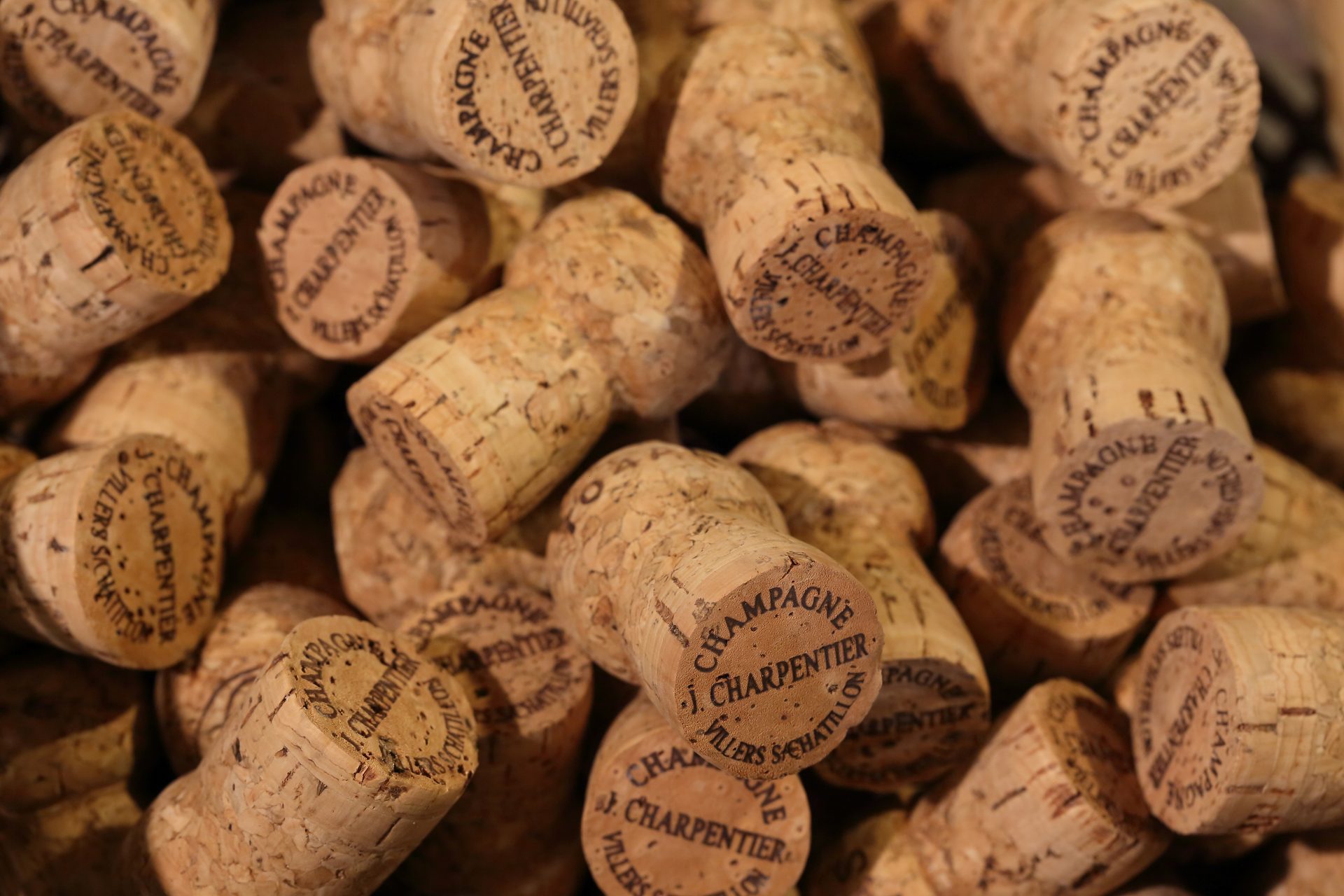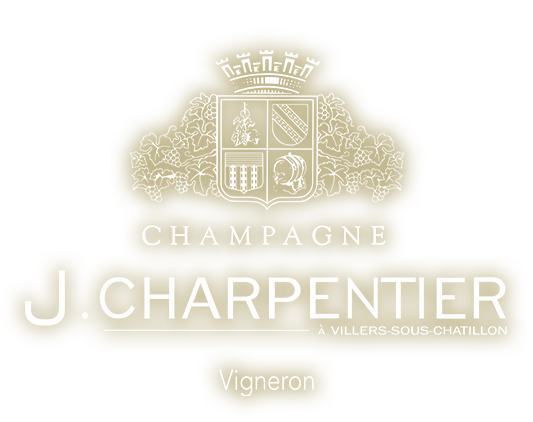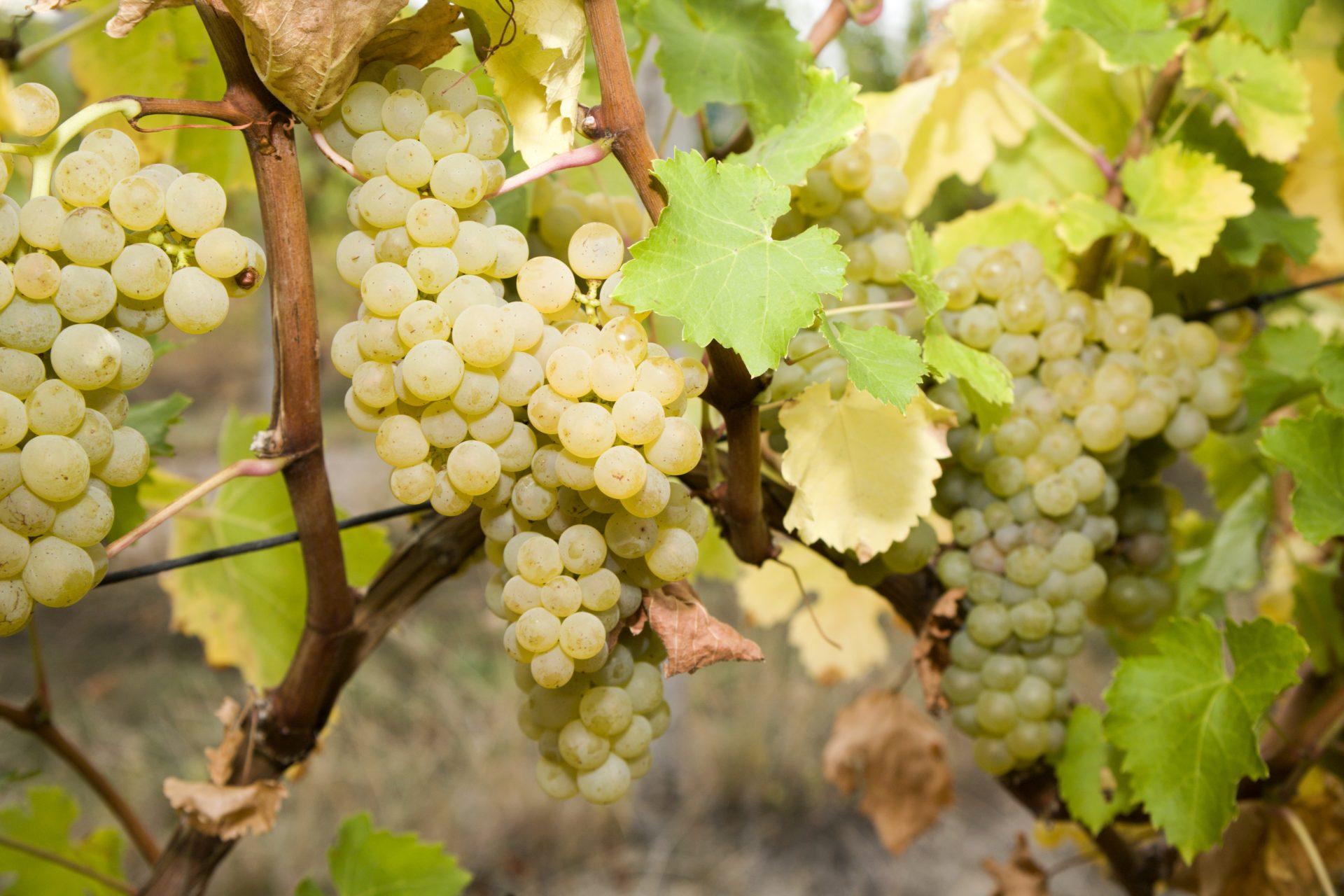
Independent champagnegrower – « vigneron indépendant »
Are you looking for an independent champagnegrower – “vigneron indépendant”? Then know that there are more than 300 in Champagne. And we are one of them! To this end, we respect a very specific charter when developing our champagnes. Moreover, we are in control of the entire production process, from the cultivation of vines to bottling. Would you like to discover our house or our independent champagnegrower – “vigneron indépendant”’s champagnes? We welcome you!
What does independent champagnegrower –« vigneron indépendant » mean?
Did you know? The term independent champagnegrower – “vigneron indépendant” actually refers to a union created in 1976. Namely, the union is initially called «special cellars». It is then a group, born in the South of France, of bottled producers, or winemakers who work their grapes, their wine and market it alone unlike merchants or cooperatives.
Today, there are more than 7,000 independent winemakers – « vigneron indépendant » – spread throughout France. And as mentioned, there are more than 300 in Champagne.
The charter of independent winemakers – « vignerons indépendants »
Each independent winemaker – “vigneron indépendant” – must join the union to use this name, but not only. There is also a charter that should be respected, which is…
An independent winemaker – “vigneron indépendant” – respects his terroir. He works his vineyard, harvest its grapes and vinificates and elaborates his wine. An independent champagnegrower bottles his production in his cellar and commercializes his products. He perfects himself in accordance with tradition. It welcomes, advises the tasting and takes pleasure in presenting the fruit of its work and culture.
As you have understood, this application applies not only to champagne producers but to any wine or brandy producer. As a small champagne producer, we do in any case
Our history
The history of our house spans five generations. It all began when Léonidas Charpentier decided to become a winemaker at the end of the 19th century. Initially, the production of grapes was mainly resold to Champagne merchants. At the same time, however, our company was developing red wine to meet a certain demand.
Then, Pierre and Marguerite Charpentier took over the business followed by their son Marcellin in 1946. A few years later, in 1954, the first bottles of champagne were produced.
After Marcellin’s untimely death, his wife Solange took up the torch with the support of her children, including Jacky Charpentier, who began his career as a winemaker in 1969.
A few years later, in 1974, Jacky married Claudine CLAISSE, daughter of and Huguette Moutardier and Marcel CLAISSE at the head of a champagne house. This marriage also sealed the reunion of the houses of the two families under the brand J.Charpentier.
Since then, our house has prospered with Jean-Marc and Marie-Pierre (the children of Jacky and Claudine), who are also involved in the domain.
Our champagnes
As a Récoltant Manipulant, we offer various champagnes, which can be drunk in any circumstance. If you want a champagne for the aperitif, then you have the choice between several options from our range. For example, you can opt for the Reserve brut or for a Premier Cru. Looking for champagne for a wedding or another special occasion? We then have many suggestions for you depending on the dishes you intend to propose.
Whatever the occasion, our champagne from independent champagnegrower will surprise you positively!
Some suggestions J.Charpentier
If you want to buy champagne from independent champagnegrower, do not hesitate to discover our range. Namely, we offer champagne of excellent quality, worth us various medals. Among our range, we can particularly suggest the Prestige brut, the Prestige rosé brut or the Blanc de blancs brut.
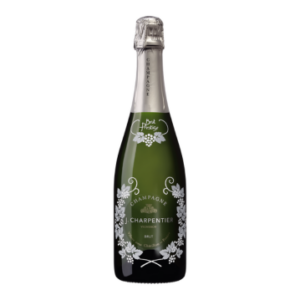
Prestige brut
With a dosage of 7.0 grams per liter, this champagne represents an excellent alternative for the meal.
In this case, it blends beautifully with white meats but also with Scandinavian fish plates or with fine charcuterie.
Its nose recalls notes of passion fruit and ripe fruit. And its mouth conceals empyreumatic aromas mixed with floral aromas.
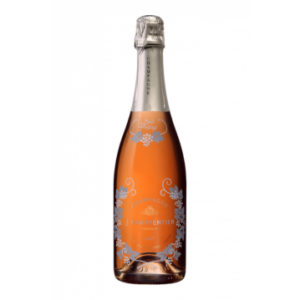
Prestige rosé brut
If you want to bring color to the table, you can then choose the Prestige rosé brut.
Namely, it is a wine composed of pinot noir, pinot meunier and chardonnay. Such a bottle can then accompany light game or a guinea fowl.
The Prestige rosé brut also goes perfectly with fish. Finally, it is a judicious choice with a dessert based on red fruits.
The nose of this champagne is reminiscent of an English candy, it also emits exotic fruit scents and cherry notes. In the mouth, it is lively, balanced and powerful.
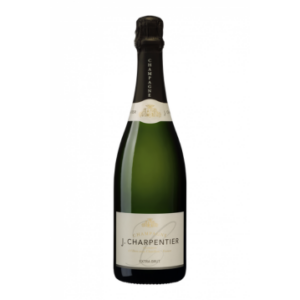
Blanc de Blancs
Blanc de blancs is a champagne made only from chardonnay. As mentioned, you can perfectly serve this wine as an aperitif.
However, you can also propose it during a meal with a pike type fish.
The nose of this cuvée will surely seduce you with fruity and floral scents as subtle as elegant.
And in the mouth, you will find a perfect harmony between the aromas.
Of course, do not hesitate to discover our other independent champagnegrower champagnes.
All our bottles are worth a visit!
The visit of our cellars
Would you like to discover how we make our champagne? Then you can visit our cellars. This will be an opportunity for you to discover the different steps of champagne production. You can also see the wine-presses, the vats, the cellar with its small and big barrels such as the “foudres”. During your visit, you can also contemplate the “pupitres” intended for stirring bottles. Guided by a member of our family, you will learn all the secrets of champagne.
And of course, you can end your visit with a tasting!
Would you like to visit our cellars? Would you like to buy champagne from an independent champagnegrower? Do not hesitate to contact us!
FAQ about Independant Champagnegrowers
What is an Independant champagnegrower?
An Independant champagnegrower is a wine‑producer in the Champagne region who manages their own vineyards, vinifies their own grapes, bottles under their own label and sells their own product. They are characterised by the fact that the whole production process — from vine to bottle — is within their control.
How does the role of an Independant champagnegrower differ from major Champagne houses?
Compared to large Champagne houses that often purchase grapes or wines from many growers and assemble large volumes, an Independant champagnegrower focuses on their own estate’s production. Their yields tend to be smaller, decisions are made at the vineyard level, and they often pursue more personalised expressions of terroir rather than mass‑market consistency.
What are the advantages of choosing champagne from an Independant champagnegrower?
There are several compelling benefits:
- You gain access to Champagnes that express the specific vineyard, soil and micro‑climate of the grower rather than a generic house style.
- The producer’s hands‑on approach often leads to distinctive personality and authenticity in the bottle.
- Many Independant champagnegrowers maintain closer ties to sustainable viticulture and smaller scale operations, which can enhance quality and character.
- For those looking to explore lesser‑known producers and flavours, this path offers an excellent discovery experience.
What should I look for on a label to identify an Independant champagnegrower?
Labels from Independant champagnegrowers may show codes such as “RM” (Récoltant‑Manipulant) or the producer’s own name prominently. The label may indicate the estate, the village or even the specific parcel. You may also see a “vigneron indépendant” emblem or reference to the grower’s own bottling. Such details underline that the wine is grown, vinified and bottled by the same person or family.
Why is terroir often more visible in Champagnes from an Independant champagnegrower?
Because the grower controls the vineyard, harvest timing, vinification and ageing, the wine tends to reflect its origin more clearly. The focus is often on expressing the soils, micro‑climate, vines and vintage rather than achieving uniformity. This means you can taste greater diversity and individuality from one grower to the next.
How does the ethos of an Independant champagnegrower impact the winemaking process?
Such producers typically adopt a holistic approach: they may tend their vines conscientiously, pick by hand, use small‑batch fermentation, minimal intervention, age on lees longer or experiment with varietals and plots. The result is often a more artisanal wine where the grower’s philosophy, environment and attention are clearly felt.
Is the quality of champagne from an Independant champagnegrower as good as from a large house?
Quality can certainly be equal — and in many cases exceed expectation. Many small growers have received awards and deliver exceptional wines. The main difference is philosophical: large houses trade on brand consistency, while Independant champagnegrowers trade on character, place and personality. The best way is to explore and discover individual producers.
Is champagne from an Independant champagnegrower good value?
Often yes. Because smaller scale and fewer marketing costs may translate into more reasonable pricing relative to quality. You may find that for similar or lower cost than a big‑house label, you get a more distinctive wine. However, as demand grows, some highly‑rated grower Champagnes may increase in price.
How can I purchase Champagne from an Independant champagnegrower?
You can find them via specialist wine merchants, online retailers focusing on artisan Champagne, or by buying direct from the producer’s cellar door or website. Visiting the estate (if possible) can also lead to exclusive bottles, limited editions or direct‑sales offers.
What occasions are suitable for Champagnes from an Independant champagnegrower?
They are suitable for all occasions: from aperitifs and casual social gatherings to anniversaries and celebrations. Because they often emphasise authenticity, they make excellent gifts, special‑event bottles or simply rewarding everyday indulgences for those curious about Champagne beyond the major houses.
How many bottles should I plan and how should I serve Champagne from an Independant champagnegrower?
Serve with the same care as any quality Champagne: chill to around 8‑10 °C (depending on style), use appropriate glassware (flute or tulip shape) and open with care to preserve the bubbles and aroma. As for quantity, consider number of guests, duration of pouring and whether this is the first bottle of the event or part of a longer sequence of wines.
What is the future of Independant champagnegrowers and why should it matter to the consumer?
As consumers increasingly value authenticity, provenance and diversity, the role of the Independant champagnegrower is gaining attention. These winemakers preserve traditional viticulture, highlight small parcels, experiment with style and emphasise place. For the consumer interested in exploring Champagne beyond the familiar, these producers offer opportunity for discovery and a more personalised experience.
In summary – why explore Champagne from an Independant champagnegrower?
Because you are opting not just for a bottle but for an experience — the story of a vineyard, a family, a terroir, a year. If you want Champagne with character, identity and authenticity, then choosing an Independant champagnegrower is a compelling path. Whether you are knowledgeable or just beginning your Champagne journey, these bottles offer richness, value and the joy of discovery.

